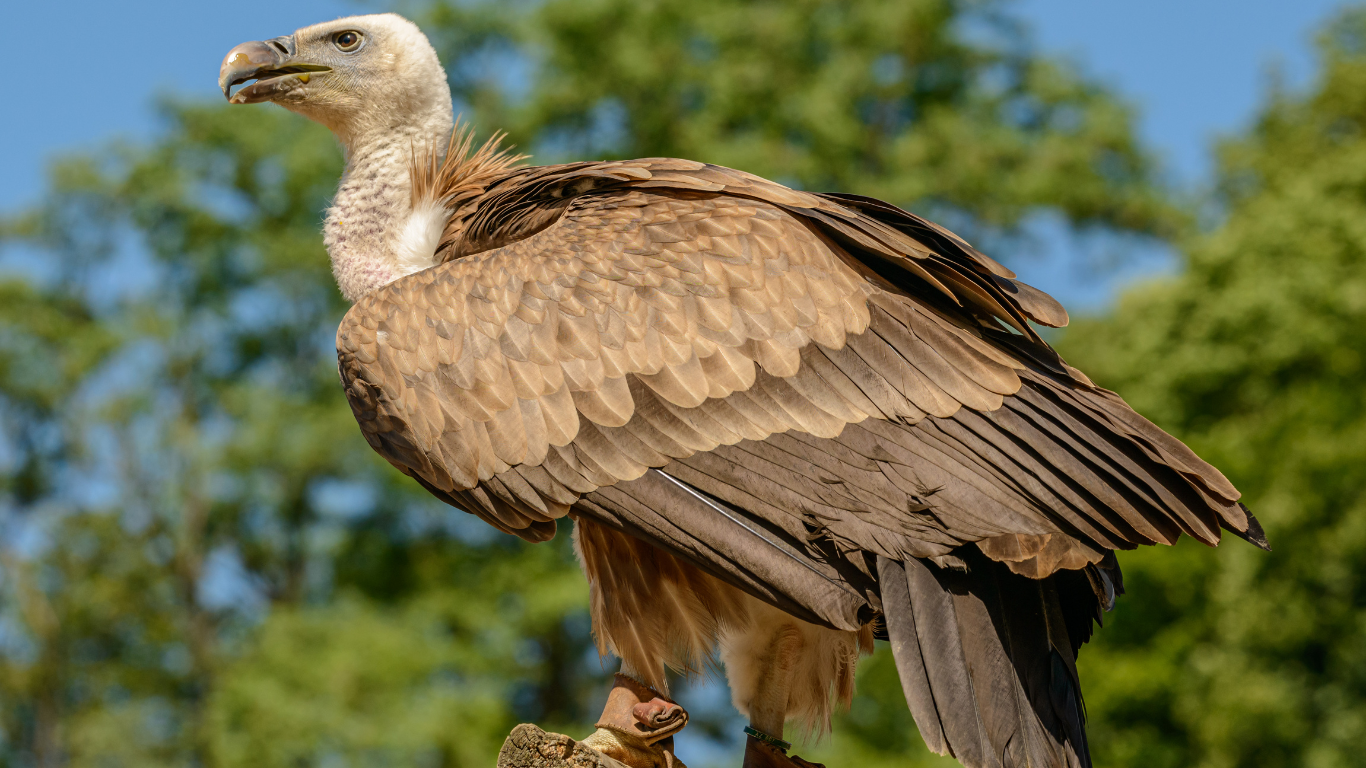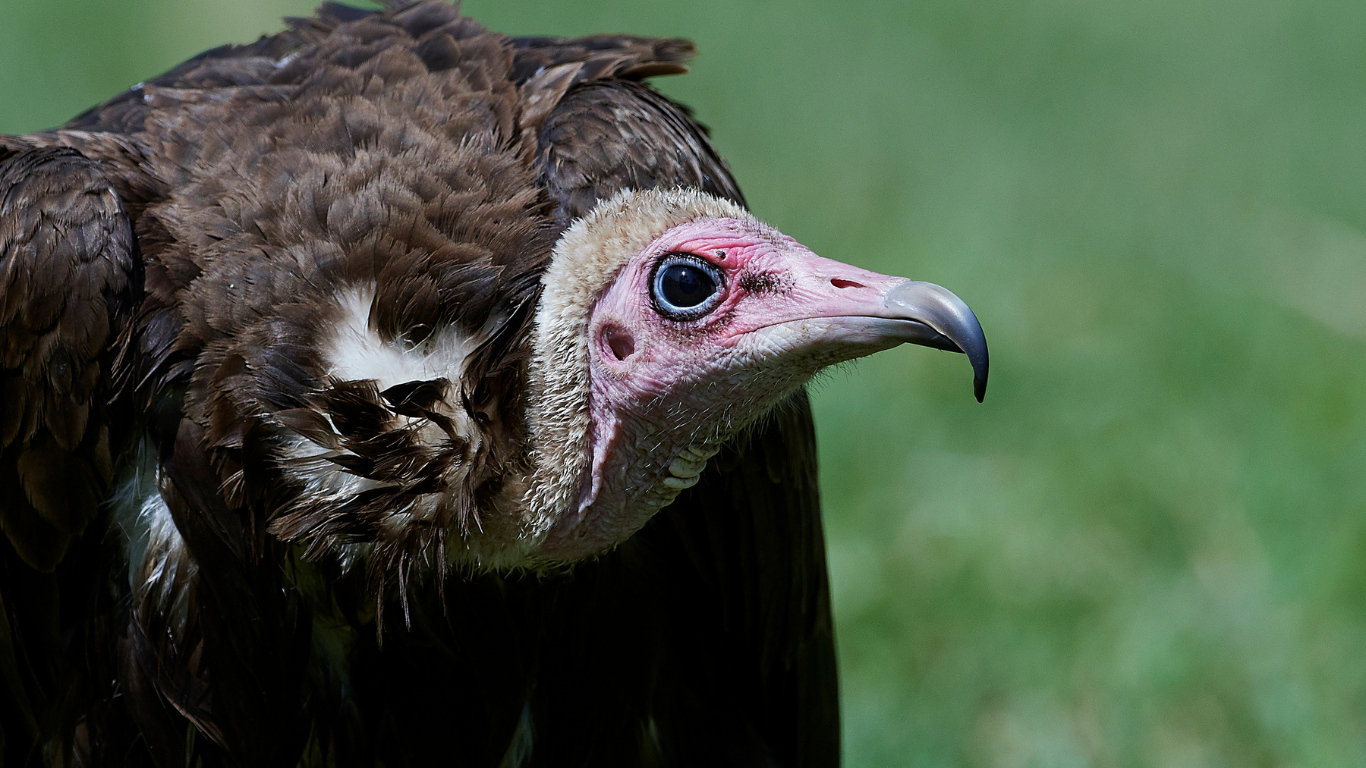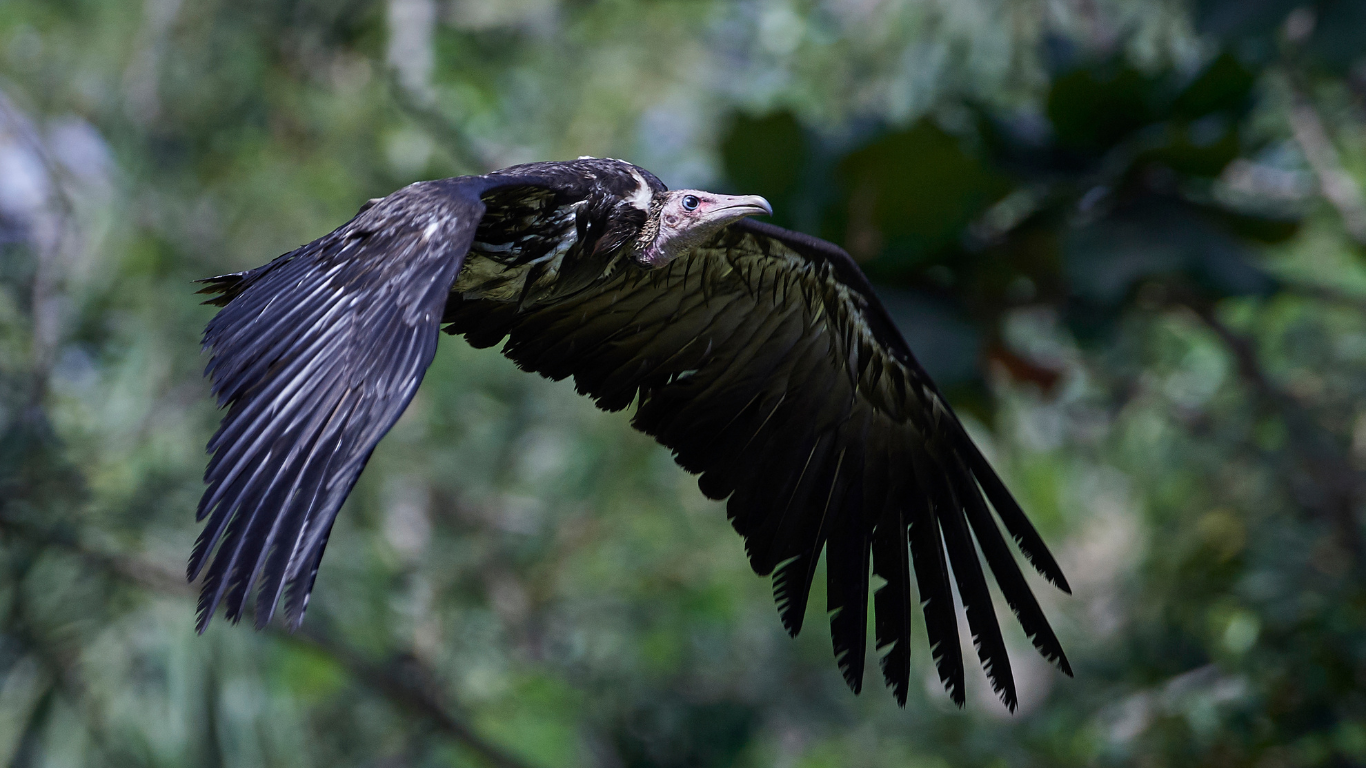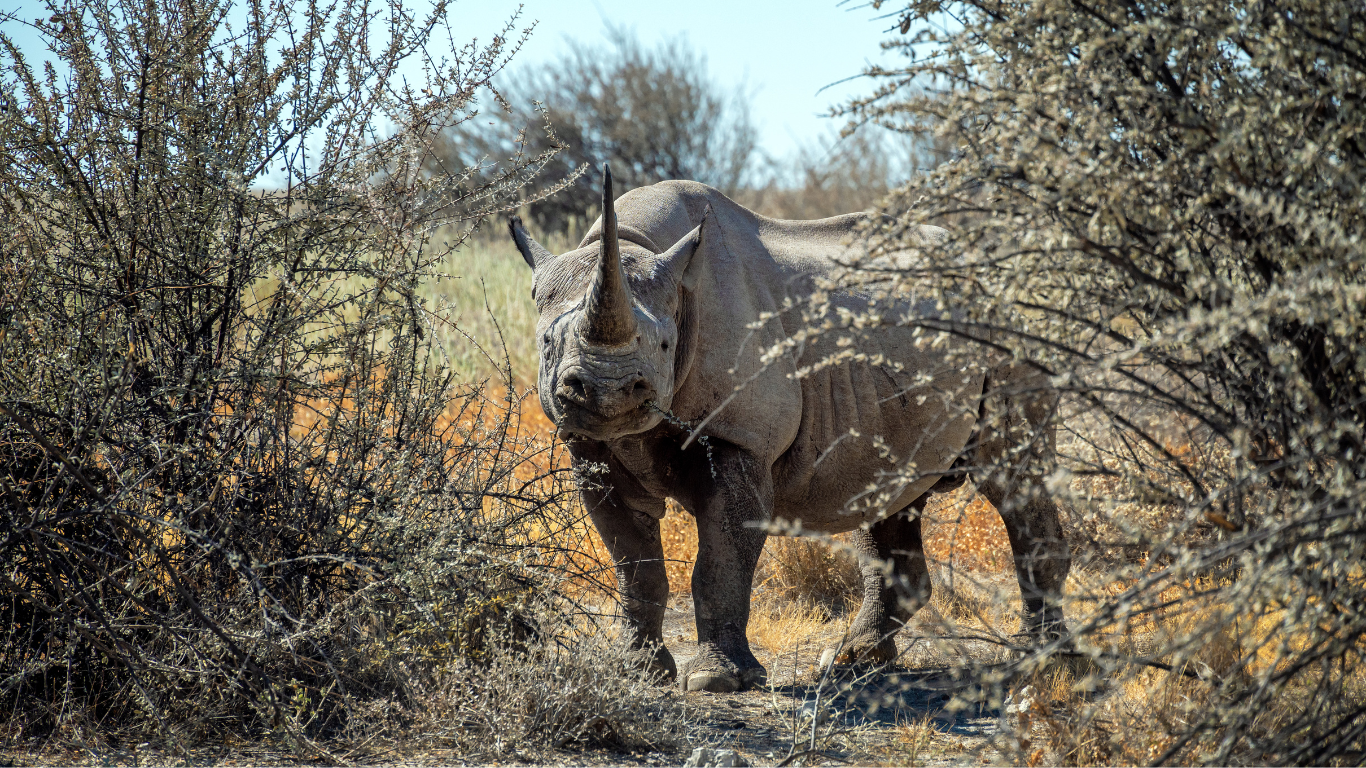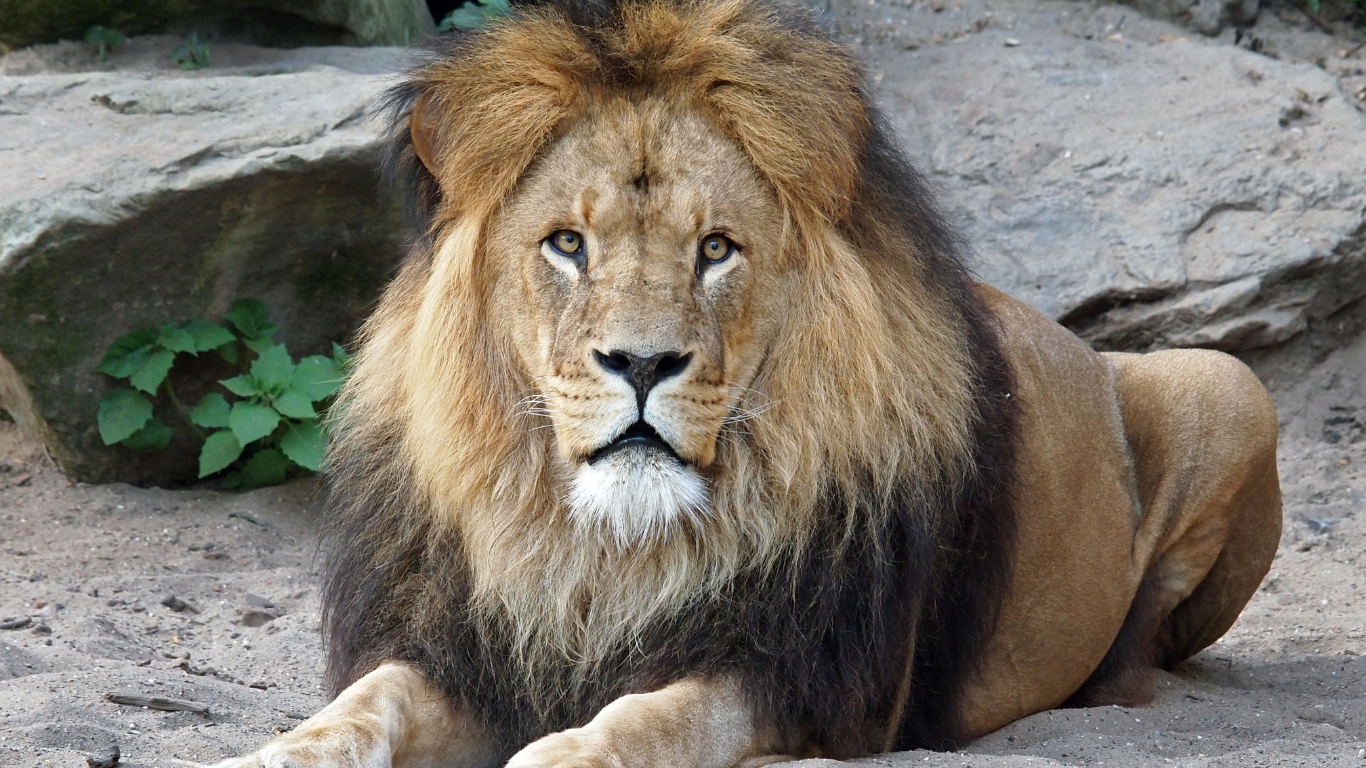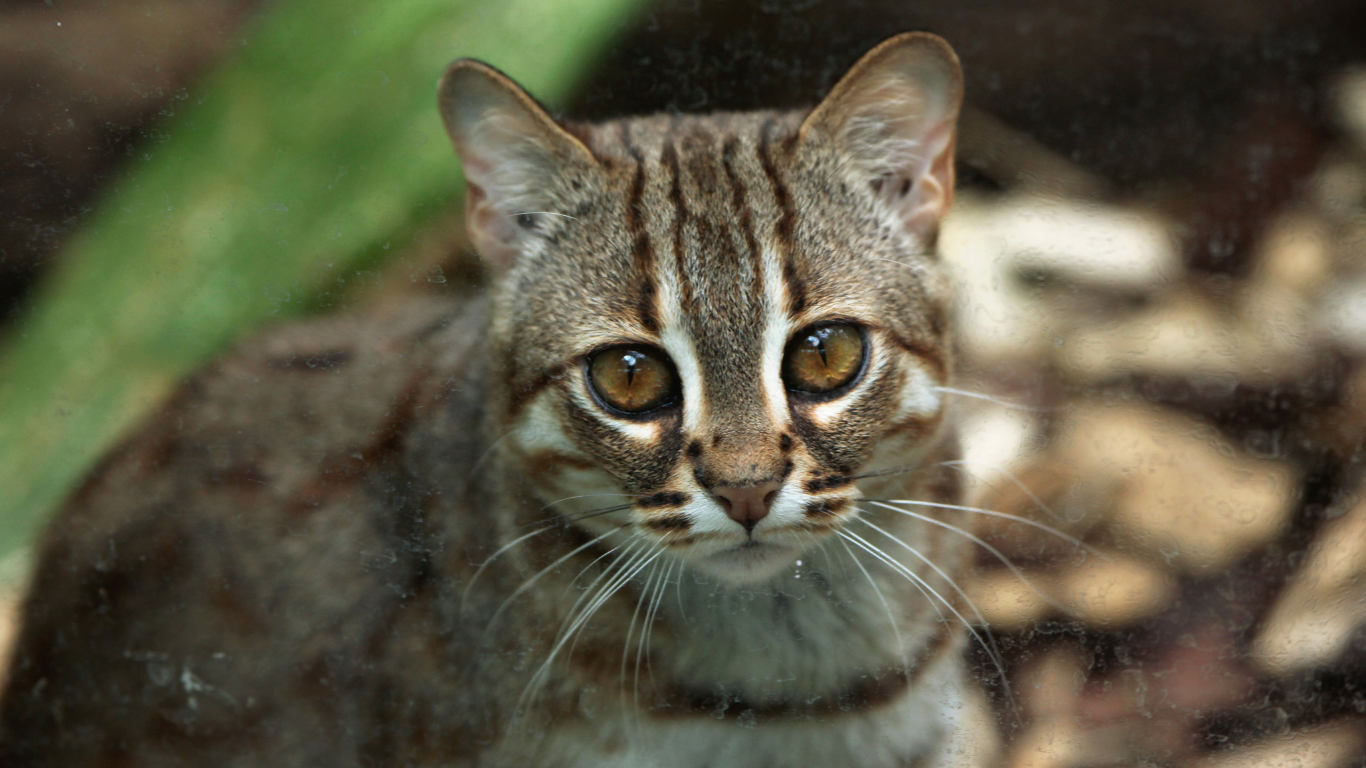Article written by Nico Arcilla and Abiola Sylvestre Chaffra
Originally published by Cambridge Core blog, 26 August 2025
Many species of vultures in Africa and Asia have exhibited precipitous global declines in recent decades. In Asia, vulture declines have been linked to unintentional poisoning by the veterinary drug diclofenac, which is highly toxic to vultures feeding on carcasses of treated livestock. In Africa, poisoning related to pastoralism has been identified as a major driver of vulture declines, and mass vulture mortality events have occurred at poisoned carcasses illegally left by livestock herders to target carnivores. However, vultures in West Africa are also heavily persecuted for a poorly understood, yet rapidly growing threat: a thriving international black market to supply wildlife for belief-based treatments in what is often called black magic.
Across West Africa, vultures are among the highest-priced and most coveted birds among at least 354 avian species persecuted for the rapidly growing international trade related to African religious practices. In Ghana, for example, hooded vultures are persecuted, trapped, and killed at landfills and outdoor slaughterhouses for illegal trade to meet demand in Nigeria. Despite the fact that much of this trade is illegal, black markets in Benin alone feature at least 268 bird species, 96 mammal species, and 59 reptile species, and vultures feature prominently.
Although ~50% of Benin’s population identifies as Christian, vodun (also known as voodoo) is recognized by Benin’s government as a national religion. Vodun practices include ritual sacrifice, including both the sacrifice of live animals in rituals as well as the ritual use of animal carcasses and body parts. Vultures and other raptors are among the most traded and valuable products sold in vodun, or “fetish,” markets. High demand for vultures has driven prices paid for a single hooded vulture to exceed the average monthly income in Benin. The result is that hooded vultures are the most commercially exploited vulture species in West Africa, despite the fact that they are critically endangered.
We interviewed 115 vendors selling hooded vultures and/or their body parts at nine different markets in Benin to understand the extent and drivers of this illegal trade. The vast majority (95%) of Beninois vulture traders we interviewed reported practicing vodun. Nearly all (99%) were male, and most (85%) were aged between 18 and 30 years old. Most (58%) vendors had no formal education and most (59%) identified themselves as witch doctors. All vendors we interviewed were Fon, the largest of Benin’s approximately 42 ethnic groups.
Over four months, we counted a total of 522 hooded vultures in market stalls. The majority (73%) of these consisted of whole dried vulture carcasses, while 17% were vulture heads, and 9% were live birds. Previous research published nearly 10 years ago estimated an annual take of 975–1,462 hooded vultures across West Africa. Our counts of vultures for sale in Benin alone suggest that trade in vultures has grown significantly since then. Vultures offered for sale in Benin originated from at least 10 foreign countries, especially Ghana, Burkina Faso, Nigeria, and Niger, suggesting there are far-reaching impacts of illegal trade on vulture populations in West Africa.
Vodun practitioners believe the regular consumption of vulture meat makes them invulnerable to witchcraft. Those willing to pay the price can also obtain prescriptions including vultures or their parts that promise benefits such as bringing good luck, winning the lottery, and success in business and/or politics. Live vultures can fetch prices up to seven times higher than the average monthly income in Benin. Moreover, over a 20-year period, prices paid for hooded vultures increased by over 100 times in Nigeria, and prices paid in Ghana and Benin appear to be even higher.
Although Benin laws ban the hunting, capture, possession, and trade of vultures, there has never been a prosecution relating to this legislation in Benin. We also found other endangered and critically endangered vulture species offered for sale, including the white-backed vulture, Rüppell’s vulture, white-headed vulture, and lappet-faced vulture. Current legislation protecting vultures thus appears to be ineffective, despite serious legal, conservation, and animal welfare concerns. The vast majority (92%) of vendors we interviewed reported that they were aware of legislation protecting vultures but did not consider that such legislation applied to them. Benin’s wildlife markets also featured at least 12 other raptor species, including rare and endangered species, for sale, together with a vast array of other wildlife.
Previous research in Africa has found that many people relying on belief-based approaches to their problems tend to be poor and that payments associated with visiting witch doctors tend to total more than 10 percent of their household budgets, driving ongoing poverty. On the other hand, recent increases in wildlife trade for belief-based use are partly attributed to wealthy buyers relying on animal sacrifice and other fetish practices to solicit success. For example, a recent study found that nearly half of buyers at Togo’s main fetish market comprised businessmen and politicians seeking to increase their power and wealth.

